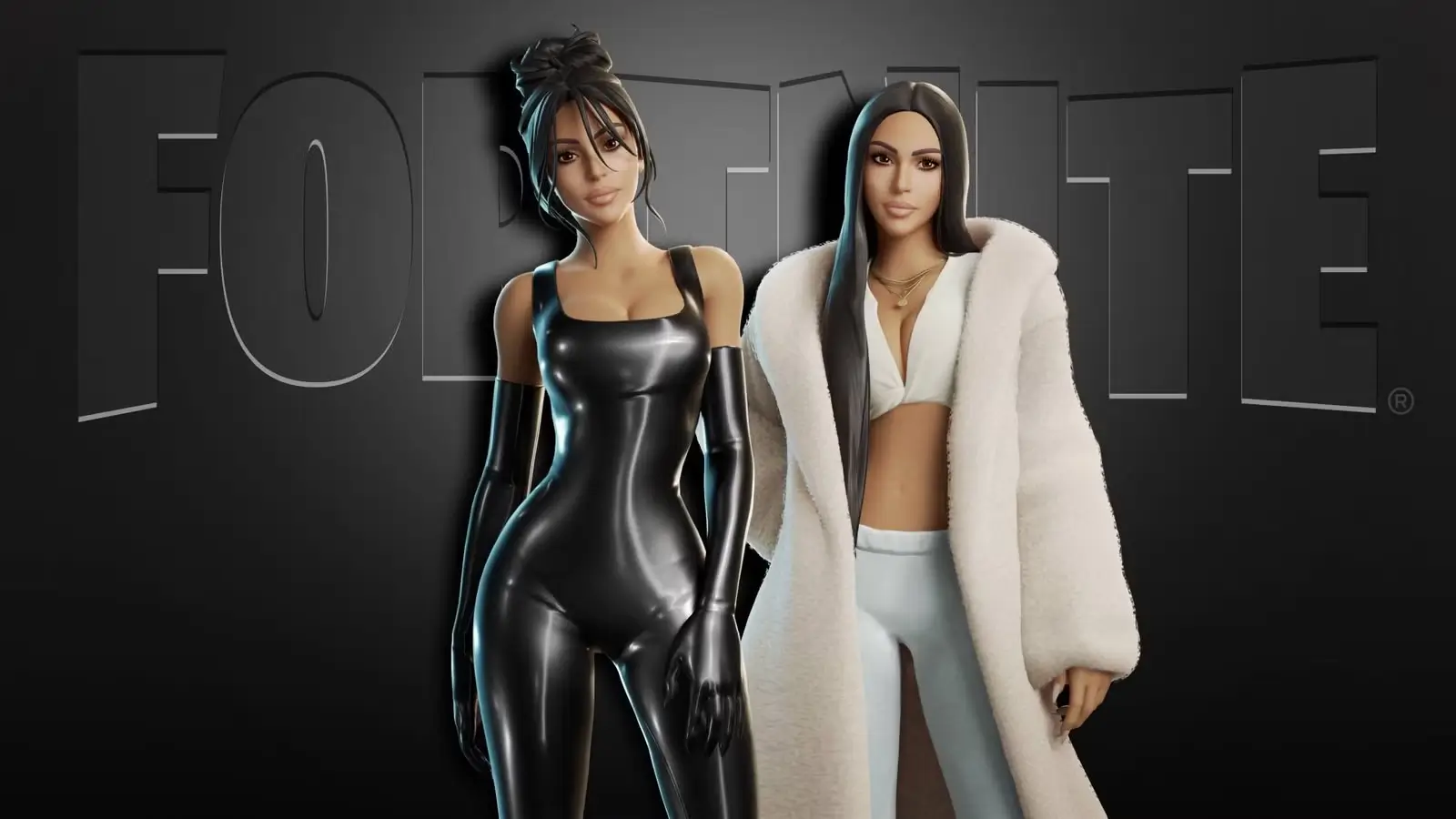In the turbulent, ever-evolving landscape of contemporary hip-hop, where careers often flash bright and vanish faster than they arrived, longevity is a quiet triumph. For Yelawolf, the Alabama-born artist known for his genre-defying blend of country, rap, and Southern rock, 2024 marked not merely a continuation, but a resurgence. His record “Make You Love Me”, released in the back half of the year, serves as a statement piece—resilient, romantic, ragged, and reflective. It is the sound of a weathered artist turning inward and burning brighter.
For an artist who’s long walked the line between Southern outlier and underground legend, “Make You Love Me” feels like both a rebirth and a reckoning. It’s not a commercial rebrand. It’s not a nostalgic throwback. Instead, it’s the most emotionally tuned-in, sonically refined, and narratively cohesive album Yelawolf has offered in years. The record is rooted in contradiction: it’s confrontational yet tender, raw yet stylized, reckless yet self-aware. Above all, it’s a love letter—to craft, to chaos, and to the slow healing of personal warzones.
The Road Behind: Contextualizing the Comeback
To fully appreciate the magnitude of “Make You Love Me,” it’s essential to trace the years that preceded it. Yelawolf (born Michael Atha) emerged in the early 2010s with a sound that was as unruly as it was original—white trash narratives laced with speed-rapping precision, tattoo-parlor poetics, and outlaw-country bravado. His breakthrough album Radioactive (2011), released under Eminem’s Shady Records, hinted at major-league ambition, but also sparked debates about authenticity, identity, and artistic direction.
What followed was a string of records that zigzagged wildly between style and substance—Love Story (2015) was a textured, deeply Southern project that struck a chord, while Trial by Fire (2017) dove even deeper into outlaw Americana. But by the time Ghetto Cowboy and Mud Mouth surfaced, Yelawolf seemed caught in a liminal space—respected, prolific, but no longer leading the conversation.
That changed in 2024.
“Make You Love Me” is not so much a pivot as it is a refining fire. It retools the Southern Gothic elements of his earlier work and grafts them onto a tighter, more emotionally resonant framework. Gone are the gratuitous flexes. Gone are the distractions. What remains is a mature, beautifully scorched album about love, loyalty, failure, and the fight to be seen without the armor.
Sonics of Southern Dust and Neon Heat
From the very first notes of “Make You Love Me,” the record establishes its dual nature. The production—courtesy of long-time collaborators and a few new hands—leans heavily into analog warmth. Acoustic guitars, dusty drums, pedal steel, and organ riffs blend seamlessly with trap hi-hats and distorted 808s, creating a genreless, borderless soundscape. It doesn’t sit squarely in rap, country, or rock—it hovers above them, drawing from each and resisting categorization.
On the title track, “Make You Love Me,” Yelawolf croons over a swampy rhythm, blending a tender falsetto with gruff, almost whispered verses. The chorus is massive—anthemic without being overproduced, filled with an aching need for redemption through connection. It’s love not as fairytale, but as battlefield: “I don’t need forgiveness / I just need the room / To make you love me like I never made you move.”
Tracks like “Sunshine Motel” and “Heart of Tin” lean deeper into the narrative stylings of country storytelling, while “Blacktop Wine” rides a warped synth line and a haunted vocal loop, bringing a cinematic flair that would feel at home on a Nicholas Britell score.
“Gasoline Kisses,” one of the album’s standout cuts, fuses blues guitar with a minimal beat, showcasing Yelawolf’s gift for atmosphere. The lyrics are short bursts of longing: “I kiss you like I burned my past / You look at me like it might last.” In moments like this, the album feels less like a collection of songs and more like a southern-fried novella, each track a chapter in a messy, poetic chronicle of survival.
Lyrical Reckoning: Vulnerability as Weapon
Yelawolf has always been a vivid writer, but on “Make You Love Me,” there’s a palpable shift in tone. The braggadocio is pared down. The trauma isn’t cloaked in metaphor. He’s still the dirt-road poet, but now he’s unspooling the threads with care, showing the damage, the regret, and the still-tender parts beneath the tattoos.
“Bottle Rocket Blues” finds him confronting addiction and self-harm without romanticization. Over a sparse piano arrangement, he raps: “I lit the wick ‘cause I wanted light / Didn’t care if it burned through the night.” It’s confessional but not confected, the kind of track that belongs in a lineage with Johnny Cash and Kurt Cobain.
“Dead Stars Don’t Shine” is another stunner—half-rap, half-ballad, built around the paradox of celebrity and invisibility. Yelawolf meditates on the aftershocks of fame, the hollowness of applause, and the estrangement from self that comes when your persona swallows your person.
Even when he ventures into classic Yelawolf territory—fast-paced flows, southern slang, bars packed with double entendres—it’s often with a wink or a shadow behind it. “Whiskey Over Water” is less about drinking and more about drowning. “My brother said he’d pray for me / But prayers don’t patch a hole in me” he spits, throwing up his contradictions like confetti.
A Record About Love, But Not Just Romance
Though the album is titled “Make You Love Me,” it’s not a love album in the conventional sense. Romantic longing is certainly present—especially in songs like “Cold Bed Sheets” and “Hold Me Back Again”—but the deeper exploration is about worthiness.
This is love as validation. Love as self-repair. Love as the only light left on after the party has ended and the crowd has gone home. It’s a record full of haunted apologies and hesitant hope. Love as an act of desperation, but also defiance.
In “Leather Letters,” he raps over a bluesy riff: “If I said I’m sorry in a song / Would you hear it or sing along?” It’s the question that defines the album. Not just can I be loved, but will I be heard in my attempt to be more than who I was?
The Visual Language of the Resurgence
Alongside the album, Yelawolf released a visual series of short films and lo-fi performance clips—directed with a stark, desert-gothic aesthetic. Dusty roadside motels, neon-lit gas stations, and silhouetted drives at dusk all frame the songs with mood and symbolism. It’s a universe that feels lived-in and cinematic—a place where heartbreak isn’t theatrical but weathered, part of the everyday landscape.
In these visuals, Yelawolf appears as both narrator and ghost—drifting between past selves, haunted by decisions, chasing a kind of reconciliation that may never arrive. He’s not hiding behind characters; he’s confronting the accumulation of them.
The design and packaging of “Make You Love Me” also lean into analog nostalgia: cassette tapes, vinyl with hand-inked lyric inserts, and grainy artwork that recalls DIY zines and outlaw country albums of the 1970s. It’s not retro for aesthetic’s sake—it’s a refusal to forget where the road began.
Reception and Cultural Placement
Critics have largely embraced “Make You Love Me” as a return to form, if not a new plateau entirely. Longtime fans view it as Yelawolf’s most honest record—bridging the sonic experimentation of Love Story with the introspection of Trial by Fire, but executed with far greater maturity and cohesion.
In the broader landscape, the album stands apart. Where mainstream hip-hop continues to chase virality and sonic maximalism, Yelawolf doubles down on mood, grit, and narrative. In an era of overpolished product, “Make You Love Me” feels gloriously flawed and human. It’s not built for TikTok—it’s built for car rides, for late-night headphones, for returning to long after its first play.
Not a Reinvention, But a Revelation
“Make You Love Me” isn’t about a comeback in the traditional sense. Yelawolf never truly disappeared. Instead, this record marks a clarification—an artist peeling away the excess, quieting the noise, and rediscovering what made him singular in the first place.
This is not the story of a rapper chasing relevance. It’s the story of a man choosing resonance over recognition. And in that decision, Yelawolf delivers his most essential work to date—an album that burns slow, lingers long, and leaves its mark like a southern tattoo across the ribs of American music.
No comments yet.








